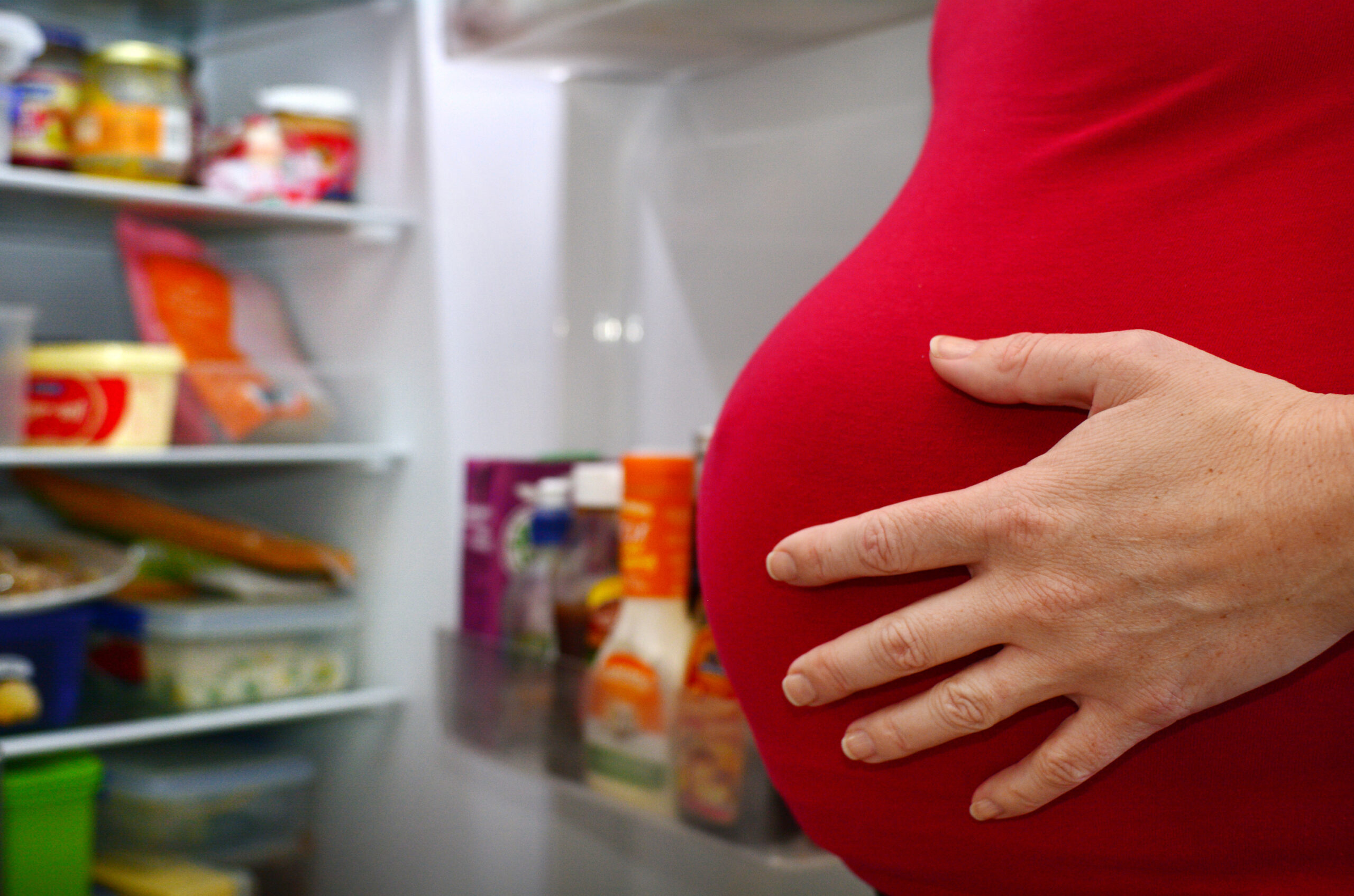Perceived stress can mediate the associations between a lifestyle intervention and fat and fast food intakes
In this secondary analysis study by Chang, Brown & Wegener (2020), the authors sought to fill a knowledge gap by examining whether perceived stress reduction brought on by a lifestyle intervention may act as a mediating factor in low-income, overweight, or obese mothers of young children who consume fast food and dietary items rich in fat. Following a 16-week lifestyle intervention that promoted physical health, healthy eating, and stress management, 338 low-income, overweight, or obese moms of young children participated in a phone interview for this investigation. Valid questionnaires were utilized to measure fat and fast food intake and subjective stress. Analysis of the results revealed that, although the overall impact of the intervention was significant in reducing fast food intake, it was not substantial for fat intake. The indirect effects of the intervention on fat and fast food intakes were also significant when evaluating the possible involvement of perceived stress as a mediator. The authors conclude by highlighting the need for future research on dietary interventions that aim to lower fast food and fat intakes in low-income, overweight, or obese moms of young children that would take into account doable methods for lowering perceived stress. [NPID: Stress, low income women, fat intake, fast food intake, obesity]
Year: 2020
 Navigation
Navigation






